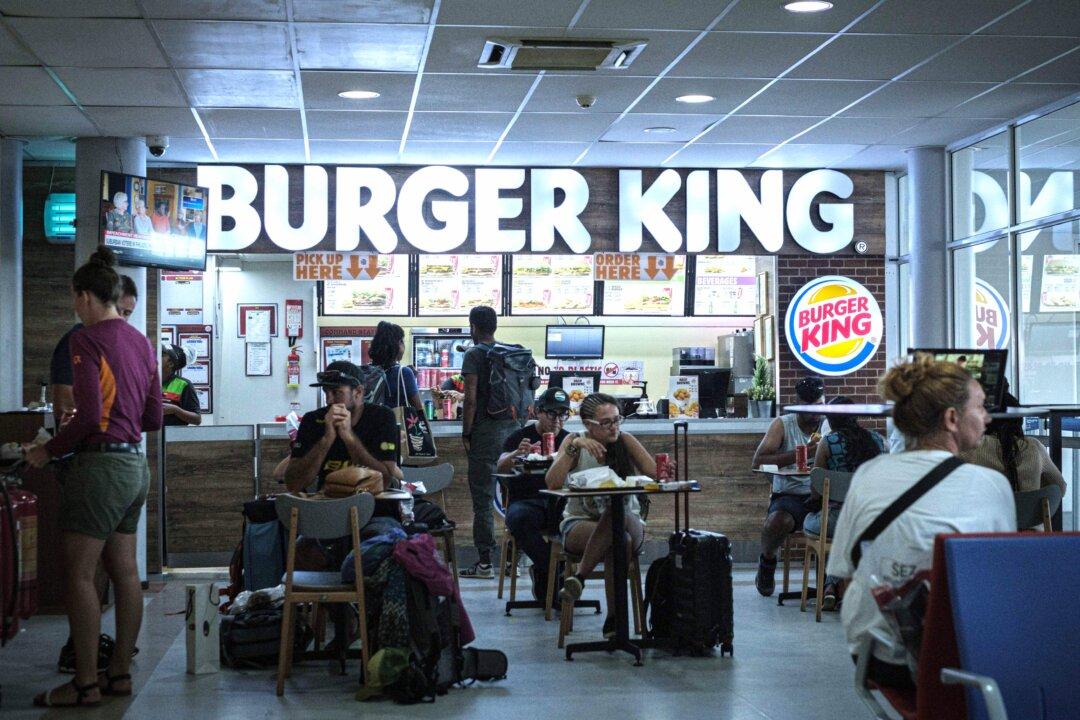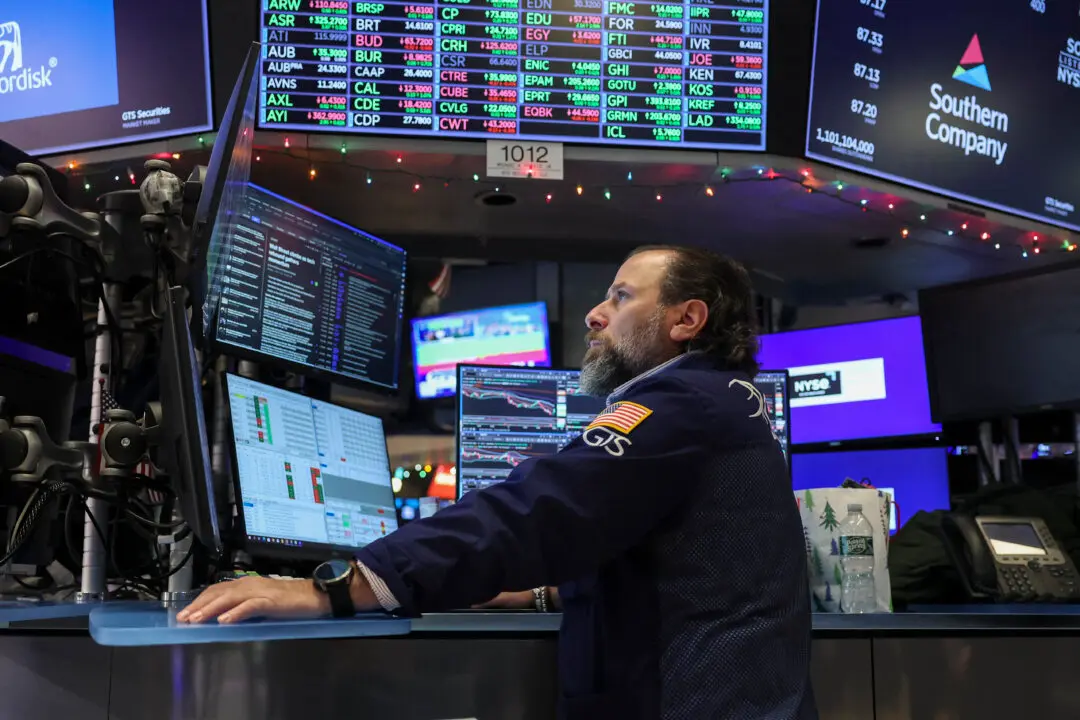As fast-food restaurants scramble to adapt to California’s new $20 per hour minimum wage for many workers starting later this year, a new bill could exempt certain establishments.
Assembly Bill 610, by Asm. Chris Holden would change labor codes enacted last year into law with his Assembly Bill 1228 by defining eight new exemptions that would not have to adopt the new wage requirements.





